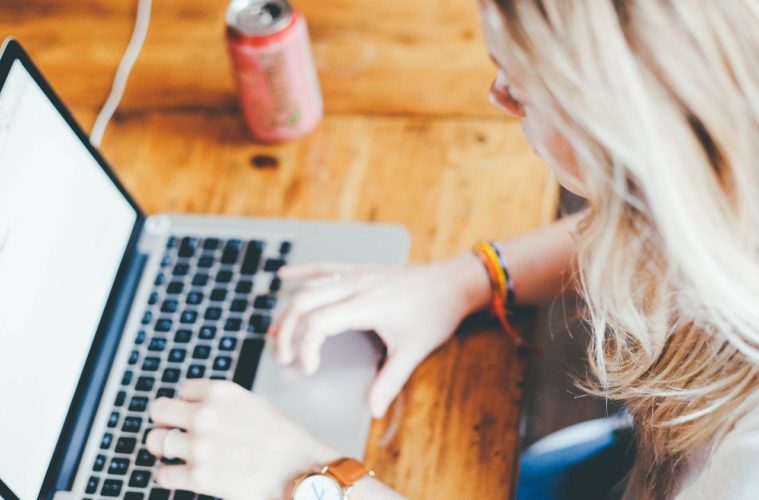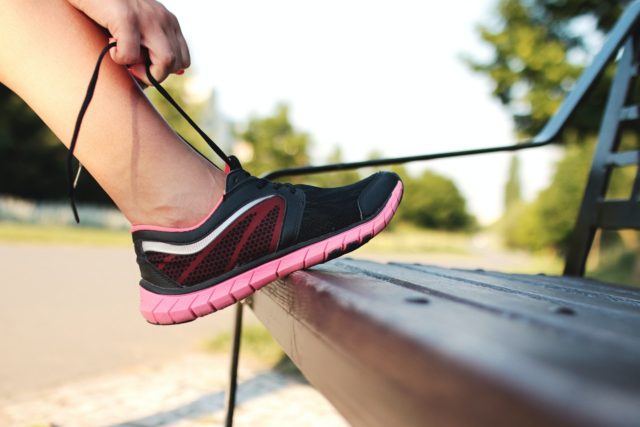Everyone has been affected by the coronavirus pandemic in some way. People’s personal and professional lives have been turned upside down, and the outlook for the future is uncertain. Although things are beginning to show signs of improvement, who knows when life will return to normal?
Across the nation, the effects of COVID-19 and the subsequent lockdown have had a far-reaching impact on people’s health and mental wellbeing. As well as those tragically afflicted by the deadly disease, many people have struggled with their mental health. Nearly half of all adults in the UK have suffered from anxiety as a result of the pandemic. With less financial security, restrictions on social interaction, and gloomy news headlines, it’s no wonder that people are struggling.
Students are no exception, and in fact, you may be one of the groups most affected. Your studies are on hold, part-time work has dried up, and you’ve most likely moved back home while still paying rent on your student accommodation. It’s not an ideal situation, and many students are struggling to cope.
The following advice aims to help students through the coronavirus lockdown by giving tips on how to deal with some of the issues raised, from mental wellbeing to keeping up with your studies.
Mental wellbeing
The most important thing you can do to get through lockdown is to look after your emotional and mental wellbeing. It’s hard for everyone, and there’s no shame in feeling depressed or worried. News headlines and social media can be negative forces in times of crisis, and constantly following global events doesn’t help. If you want to keep on top of your mental health throughout lockdown, you should take practical steps to look after yourself.
The best thing you can do is to limit the amount of time you spend using technology. In particular, social media and news sites. Social media is shown to have negative consequences for our mental health at the best of times, affecting your confidence, body image, and happiness, and the effects will only be greater in the midst of this global crisis. Although it’s reasonable to want to keep up with the news, try to limit your consumption of news media to only once a day. This is more than enough to stay on top of current affairs. You won’t miss anything crucial by going 24 hours without switching on BBC News or scrolling through Twitter.
Make the most of the occasional sunny weather by putting down screens and spending time outdoors. Nature has proven benefits for our mental wellbeing and taking a walk in the countryside, or a local park will be much better for you than lounging indoors on the Playstation. Starting a new creative hobby will keep your mind busy and give you a sense of satisfaction and accomplishment. Many people in lockdown are turning to things like gardening, DIY, jigsaws, cooking or brewing beer at home.
And most importantly for your mental health, if you are seriously struggling, you should consider reaching out and talking to someone. This could be a close friend or family member, or one of the many mental health helplines that are available. It helps to talk.
Physical health
Just as important as your mental wellbeing is staying on top of your physical health. Stuck at home, it is easy to enter a sedentary lifestyle and gorge on expensive takeaways and snacks, but over time this will take a toll on your health. It is more important than ever to maintain good health, particularly as this will make your immune system stronger and better able to fight off coronavirus if you happen to catch it.
Just thirty minutes of exercise a day and a balanced diet is all that’s needed to keep your body healthy. Try going for a run or a bike ride, or following one of the many free online workouts available at this time. You will feel stronger, more energetic, and healthier as a result.
Eating well is also important, so keep the pizzas and alcohol to a minimum. Your body craves a balanced diet filled with plenty of fresh fruit and vegetables. Eating your greens isn’t going to hurt you, and your wallet will thank you as well.
Education
With the lockdown still in motion, there is much uncertainty about what will happen in the new term. Universities are expected to return to face-to-face teaching in the autumn, but it would be wise to set your expectations. This may not resemble the teaching you have been used to. You will likely see the introduction of protective bubbles and enforced social distancing in lectures, as well as significant portions of your courses being moved online.
The exact nature of your studies will depend on your specific place of education, and the coronavirus status of the UK in a few months time, but in the meantime, the best course of action is to keep up with all your work as usual. Complete all the coursework and reading that has been assigned to you unless told otherwise, and you could even get yourself in a prime position to begin your next academic year by doing some extra studying around upcoming topics.
Finances
Even when times are normal, students are not known for being financially secure. University life is expensive, particularly for young people with little or no income and busy social lives. Times are even tougher right now. You are unable to land typical student jobs like events or bar work, so income for most students will have dried up. To make matters worse, you will still be paying rent and bills on your student house, even if you have moved back to your family home.
There is some light at the end of the tunnel, however, as there may be some support available. If you were employed at the start of the lockdown, you will already know you are entitled to receive 80% of your income. If you are self-employed or freelance, then you will be able to apply for benefits. For those people under particular financial hardship, universities across the UK are offering grants to support students who are struggling. If this applies to you, you can find more information here.
Life will start getting back to normal soon, and in the meantime, the best advice is to stop spending where you can and save as much money as possible. You are probably saving money in some areas, such as entertainment, eating out and social events, but there are other areas where you could cut down on spending to get by.
It’s an excellent time to look at any monthly subscriptions or direct debits you have and do some financial spring cleaning. For example, do you really need access to Netflix, Amazon Prime and Now TV all at once? How much are you using your Spotify membership? Can you afford to keep up with your subscription to National Geographic Magazine? Take a detailed look at where your money is going and ask yourself whether you need to spend on these outgoings or if you would benefit from cancelling them.
Your phone contract is another area where a lot of unnecessary money is often spent. Do you need to spend all that money on unlimited data when you’re stuck at home using your parents’ wi-fi for free? You could probably get away with a much cheaper contract right now, so it’s worth shopping around to find the best student SIM deal during COVID-19.
Relationships
One of the most important parts of student life is the social aspect. You are no doubt missing the nights out, social clubs and sports societies that university has to offer, but this doesn’t mean your social life has to be on hold. It’s easy enough to keep in touch with loved ones through programs like Zoom and Skype so take some time to catch up with your friends each week.
When it comes to dating and relationships, you have to be careful. It may be tempting to use dating apps to meet up with people right now, but this completely goes against all social distancing guidelines. Refrain from any romantic encounters until the lockdown is over. If you are currently in a relationship and separated from your partner, it can be difficult. Make sure you regularly schedule time for one-on-one conversations and accept that the current situation may be a strain on your relationship. Planning date nights can be a great way to keep things exciting and give each of you something to look forward to.
It’s not easy being a student right now, and you are no doubt eager to return to university life. The best thing you can do in the meantime is to look after yourself and set yourself up to be in the best possible position when the next academic year rolls around. Stay on top of your health and mental wellbeing, keep up with your studies, be careful with your money, and maintain your social relationships, because this time next year, the lockdown will be a thing of the past and you will have forgotten all about it.







